Can the U.S. Mitigate Digital Assets Fraud While Fostering Innovation?

INTRODUCTION This article will review the options the White House has outlined for regulation and oversight of the digital assets sector, based upon a set of reports issued in the last six months.[1] The collapse in November 2022 of FTX, the second largest cryptocurrency exchange, has precipitated calls for better oversight for digital assets. This […]
Complying with BIS’s Advanced Computing and Semiconductor Manufacturing Rules – Knowledge, Due Diligence, and Technology Thresholds
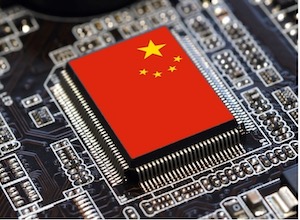
U.S. industries supplying Chinese facilities with products, equipment, software, and technology used in semiconductor development and production are subject to regulatory controls under the Export Administration Regulations (“EAR”). New rules published by the Department of Commerce’s Bureau of Industry and Security (“BIS”) on October 13, 2022, 87 FR 62186, imposed additional license requirements regarding the […]
The FDA is Cracking Down on Supplement Manufacturers

Enter any of the more health-oriented grocery stores in the U.S., like Whole Foods, and you’ll see aisles upon aisles of supplements —everything from multivitamins to fish oil to protein powders. The supplement industry is a $61 billion market and has seen steady growth over the past decade. People who want designer supplements can even […]
Section 301 Update: Four-Year Review, Exclusions, Litigation, and the Future of China Tariffs
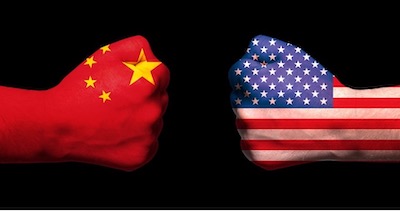
China Tariffs are here to stay – for now. The Biden Administration continues to defend the Trump-era tariffs on goods from China with little guidance as domestic inflation climbs steadily. Meanwhile, 2022 has been a busy year for the Office of the U.S. Trade Representative (“USTR”). The agency was instructed by the Court of International Trade to provide further written justification for the Section 301 Actions for Lists 3 and 4a in the wake of the agency’s obligatory four-year review of each tariff action.
Tuas Megaport in Singapore, An Upcoming Model to the World in Port Operations, and soon to be Light Years Ahead of the Globes Largest Ports
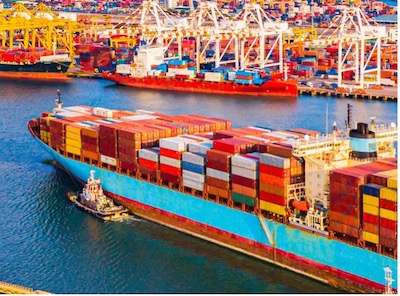
The Maritime Port Authority (MPA in Singapore) is currently in the process of building the Tuas Port, which will be the biggest port in the world with a capacity of 60 million TEU’s (twenty-foot equivalent units) once it is fully completed in 2040. PSA, the company taking the lead in the construction has implemented a four-phase process, with the first phase officially opening this September 2022, with three berths being operational.
Antidumping Duties – Can I Obtain a Separate Lower Rate?
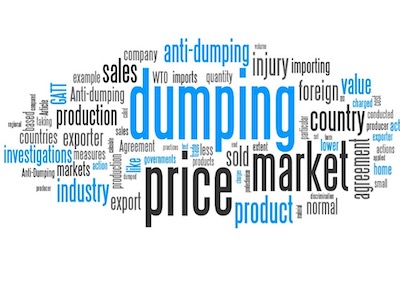
In Antidumping (AD) investigations, the U.S. Department of Commerce (DOC) typically selects only a limited number of exporting entities for review, with these exporters referred to as “individual” or “named” respondents. Selection of these respondents is based on U.S. Customs and Border Protection Data, and in most cases due to limited DOC resources, will consist of only a few of the largest exporters.
The Semiconductor Industry in México
According to the science of composition, a semiconductor is a material which, when subject to light, heat or a specific electrical voltage may be transformed into a conductor. Semiconductors are used to produce memory sticks, PC cards, smart cards, microchips, microprocessors, transistors, compact flash, start media, among many other items.
Can, and Should, the U.S. Government Develop a CBDC System?
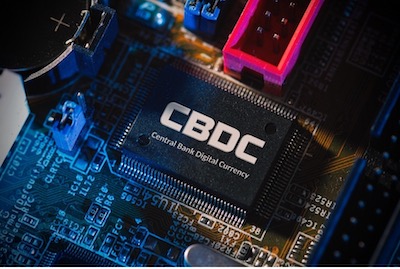
In response to the Executive Order on Ensuring Responsible Development of Digital Assets[1] issued on March 9, 2022, both the White House Office of Science and Technology Policy (OSTP) and the Treasury Department (Treasury) have recently issued reports analyzing the possible design and feasibility of creating a U.S. Central Bank Digital Currency (CBDC).[2] The reports make clear that significant technical issues and major policy considerations need to be addressed for the U.S. to develop a CBDC.
Snapshot of Section 301 Litigation – Litigating the Adequacy of the USTR’s Rationale for List 3 and List 4a

The legality of the Section 301 Actions for List 3 ($200 Billion Trade Action) and 4a ($300 Billion Trade Action) continues to be contentiously disputed before the Court of International Trade. The mass action, In re Section 301 Cases, No. 21-00052, encompasses claims of over 6,500 Plaintiffs that argue the Section 301 Duties, enacted under the Trade Act of 1974, are illegal.
China’s Economic Cost of Invading Taiwan

China and Taiwan have been locked in a tussle for decades over who gets to call the island country home. China considers Taiwan a breakaway province, while Taiwan sees itself as a sovereign nation. The recent increase in tensions between China and Taiwan has many experts worried that Chinese forces may soon attempt to retake the mainland by force, but that won’t happen anytime soon. China would face a prolonged conflict on its doorstep that would worsen its already strained economic conditions.
